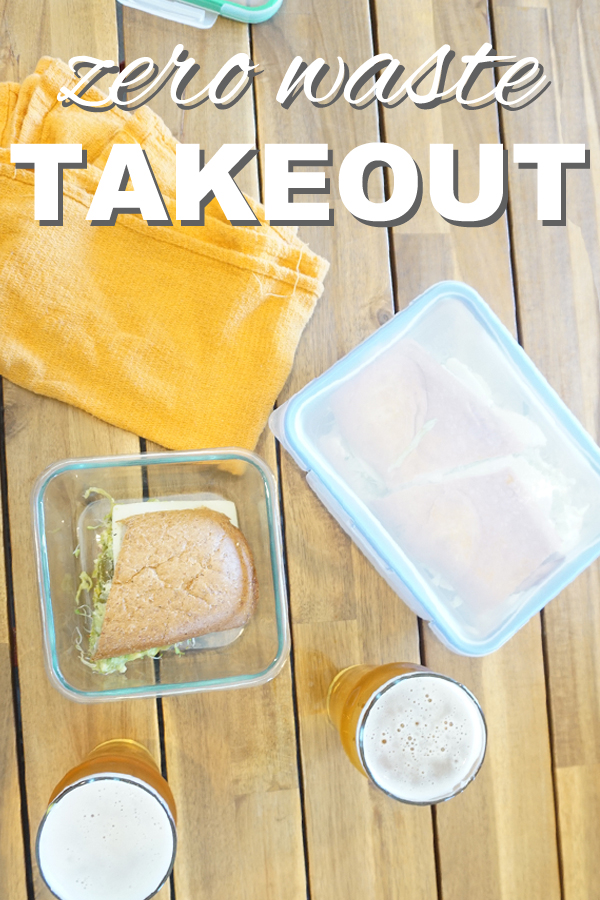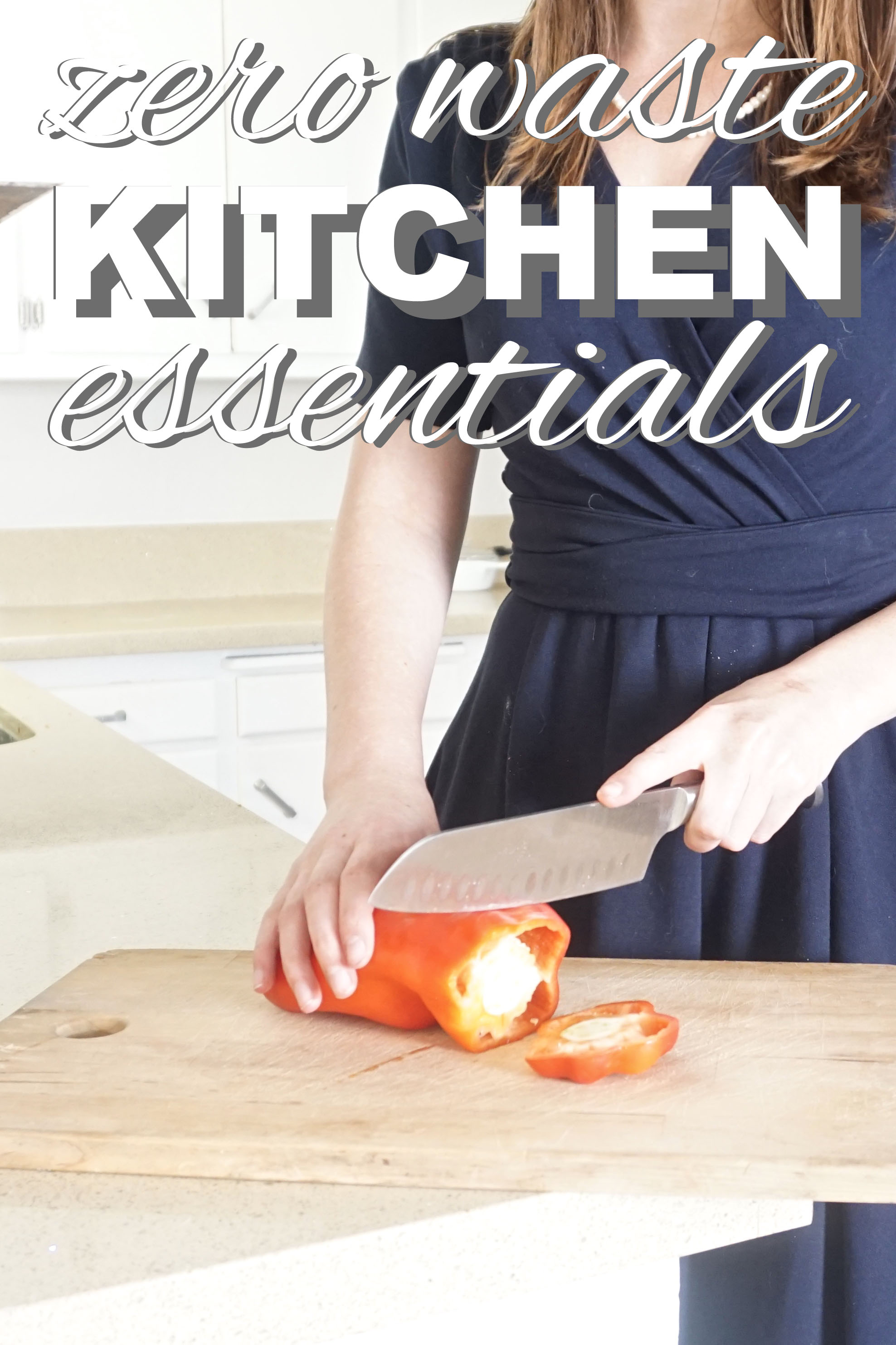It's a real pickle y'all. I often find myself torn between supporting a local, sustainable business or buying secondhand. 99% of the time my decision is driven by cost. I'm young. I live in the bay. I'm an actor/work at a print shop. My salary is.... how do you say - petite? I'm not complaining. I am exceedingly blessed and very fortunate. But, I find value in options both new and used.
I started thinking about this when I fell in LOVE with a dress in the window of a local boutique. After chatting with the business owner, all of her dresses are made in America or fair trade and sustainable. I went back later in the day and bought a new piece of clothing. I haven't done that in a very, very long time. The dress is made exceedingly well, can easily be repaired if something is wrong, and I supported a local business! But, the whole time I felt a little bit of guilt. I haven't bought anything new in so long.
I want to buy second hand because it's great for the environment and great for my wallet. But, I also want to support my local, sustainable businesses. I want to invest in the future of my community. So, let's chat the pros and cons of buying used vs. buying new.
buying used:
- We don't need more stuff: There's enough stuff in the world to last us years. And, New items are being added to the second hand market every day. Justin and I just donated four boxes worth of clothing and housewares. We only have 800 sq. ft. - where did it all come from!? Most of these items are unused and will hopefully make a new owner very happy.
- Waste diversion: By donating or buying second hand, we're diverting waste. We are preventing another item from entering a landfill. Just because we're finished with something doesn't mean that it's finished.
- New life: When you buy second hand, you're giving an item new life. Hopefully you've thought carefully about your purchase, and will repair, clean, maintain, love, and properly care for the new item in your life. I buy a lot of my shoes second hand. When they look tired, I take them to the cobbler ensuring we'll have a long, happy life together.
- Longevity: Second hand gives us a window into the past. It's amazing to me how many products still exist from the 50's & 60's. I have crates, dust pans, bowls, pots, pans, and the list goes on. These products are meant to stand the test of time. They were created to be cared for and repaired. So, many products made today can't be repaired.
- Saving money: My favorite reason. I definitely get a high from buying a $250 dress for $20. Or a Le Creuset $250 dutch oven for $40.
buying new:
- Supporting local businesses: I love supporting my local businesses. I want to invest my money in a sustainable future. A local sustainable future. I think it's so important that we support our local communities. We have the ability to provide jobs and create community well being.
- Going under: If we all stopped buying goods, or if we all only shopped second hand we would see our local businesses suffer the most. Now this is not a call for purchasing lots of new items, this is not a call for mass consumerism. This is a call to be a conscious consumer to buy products you know the history of, to buy products you will repair and mend, to buy products you will cherish.
- Supporting sustainable practices: It can be very difficult to know the practices of a mass corporation. You're not typically talking to a real person. With a small and local business you get to know the exact process. You know everyone who had a hand in making your item.
- Knowing what's in your home: I am a big believer in buying organic. I'm not going overboard and throwing everything out of my house, but I would really like for my bedding and wash cloths to be. What I have now is fine. When it wears out, instead of buying second hand, I would like to buy new so I know the fabric I consistently rub all over my body is non-toxic.
- Resources: It takes a lot of resources and energy to produce a new item.
- Hard to find: Sometimes you can scour thrift stores for weeks looking for something you need with no luck. Clothing basics anyone? I'm sure the white tank top I've had for the past four years will need replacing soon. It's not so much white anymore.... when the time comes, I will probably turn to a sustainable company and will buy a tank top that will last.
I think that each decision should be handled on a case by case basis. But, I don't think there's a problem occasionally splurging on a sustainable piece for your wardrobe or a pot or pan that will last a lifetime. What do you think?
Are you strictly second hand? Or would you support a local/sustainable business?













